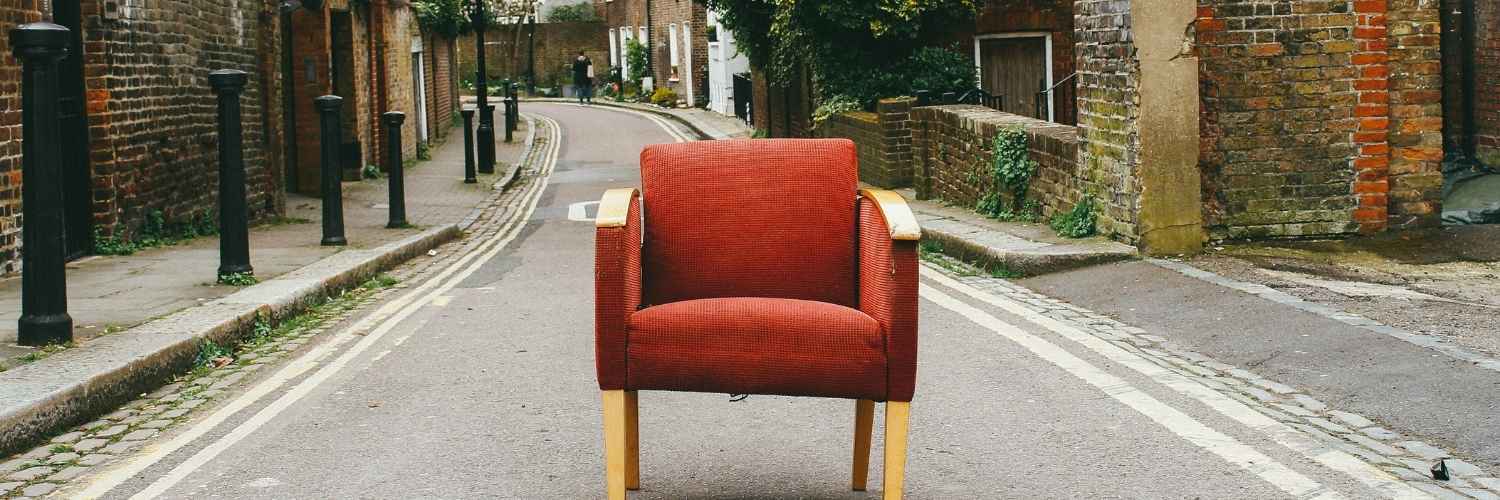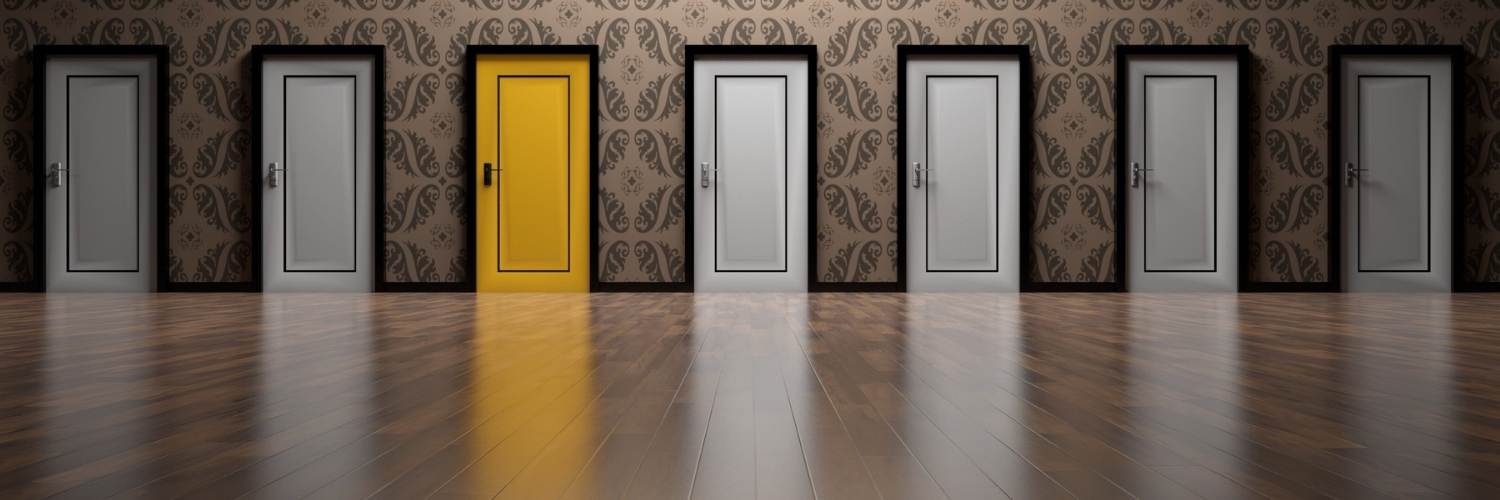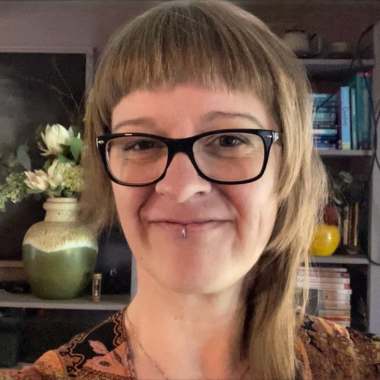Photo by Pexels from pixabay

Photo by Pexels from pixabay
How to Find a Therapist (for Misfits, Rebels, and Weirdos)
It’s hard enough being a weirdo without worrying your freaking therapist is judging you too. Read how to navigate different approaches, find the right fit in your therapist, and screen their approach so you're both a great team.
🧭 How to Use This Blog
This blog is designed a bit differently. Instead of giving you big ideas and saving the "how" for a product pitch at the end, I like to walk you through the process step-by-step—with practical tools you can actually use. Think of it like a workbook in blog form: hands-on, reflective, and designed to support real insight.
You’ll find:
-
💡 Reflection prompts woven throughout, which you can sit with quietly or journal through—whatever suits your style
- 📝 Exercises to guide you through specific steps, practices, or processes
-
🛠️ Tools and worksheets to help you go deeper——some are free, some are paid
- 📄 Reference sheets for quick, printable overviews of key ideas that go beyond what’s covered in the blog
-
👣 Optional next steps at the end, if you'd like to work with me directly
You can dip in or dive deep. No need to “do it right”—the way you engage is the right way for right now. My goal is to make the ideas doable—not just understandable. (And if you’re overthinking that, hi. You’re among friends.)

What Types of Therapy Are There?
Let’s get one thing straight: there’s no shortage of talented, compassionate therapists out there. This isn’t about throwing shade or manipulating you into choosing me—I’m not everyone’s cup of tea, and that’s okay.
When searching for a therapist, you’ll encounter a wide range of approaches, skill levels, and personalities. If you’re feeling stuck, try tweaking your search terms to find someone who resonates with you.
Some alternatives to “how to find a therapist” might include:
- Relationship Coaching Near Me
- Marriage Counselling Newcastle
- Relationship Counsellor Newcastle
- Couples Counselling Hunter Valley
- Relationship Psychotherapy Near Me
- Relationship Therapy Newcastle
A Word About Search Results
Just because a therapist shows up on page 1 of Google doesn’t mean they’re the best match for you. Many top-ranking therapists pay for ads or have SEO-optimized websites. On the flip side, you might find someone amazing tucked away on page 10. Therapy isn’t about search engine rankings—it’s about finding the person who gets you.
Therapy Modalities You Might Encounter
Every therapist brings their own set of tools and skills to the table, often shaped by their training and personal style. Here are a few common modalities you might hear about:
- Gottman Therapy
- Emotionally Focused Therapy (EFT)
- Acceptance Commitment Therapy (ACT)
- Mindfulness-Based Stress Reduction (MBCT)
- Eye Movement Desensitization and Reprocessing (EMDR)
- Embodiment Practices
- Imago Therapy
- Narrative Therapy
- Family Systems Therapy
- Discernment Counselling
There’s no one-size-fits-all answer. The best approach is the one that works for you. Buzzwords like “evidence-based” or "proven approach" can sound reassuring, but remember: the quality of your connection with a therapist often matters more than their chosen modality.

Spilling the Tea on Therapists in Australia
There are lots of different education backgrounds for personal therapists, and couples therapy in Australia, which share many of the same tools & techniques.
The key difference is the training of each practitioner, the school of therapy that informs their approach, and the requirements of professional bodies for registration and supervision.
In my (opinionated) opinion, qualifications are important data to inform your decision, BUT given the variation of skill even within a qualification you want to take that with a grain of salt!

How to Choose Your Therapist
The relationship you build with your therapist matters more than anything else—even the type of therapy they practice. Research shows that a strong therapeutic alliance is a key predictor of success. Without it? It just feels like an unrewarding grind.
This connection becomes even more important in couples therapy because there are three relationships at play:
- You and your therapist
- Your partner and your therapist
- The two of you as a couple and your therapist
It’s crucial to find a therapist who you like, trust, and feel truly seen by. Therapy isn’t about enduring a personality mismatch—it’s about feeling safe enough to dive into the messy, real stuff and actually make progress.
When you’re looking for a therapist who gets you, take your time. Trust your gut. And remember, it’s okay to shop around until you find the right fit.
Step 1. You Should Like Your Therapist
You’re not looking for a new best friend, but you are looking for someone who feels like a good fit for you personality-wise. A therapist who gets your vibe is essential—someone you feel comfortable enough with to share the raw, unpolished version of yourself.
What to Look For Initially:
- You get along with your therapist.
- You’re comfortable with the way they speak and behave.
- You feel like you can be yourself—no censoring or pretending.
- They feel like a good match for your personality.
- Your therapist supports and aligns with your goals.
In today’s world, your options for therapy aren’t limited to your local area. Virtual therapy makes it easier than ever to connect with someone who’s a great match for you, no matter where they are. Learning how to find a therapist who truly resonates with you is about more than proximity—it’s about finding a good human who gets you. Let’s make “working with good humans” a standard for all our interactions, not just therapy!

Step 2. You Should Trust Your Therapist
Trust doesn’t happen instantly—it builds over time. But here’s the thing: if you’re getting weird vibes from the start, trust your instincts. It’s perfectly valid to move on and find someone else.
When exploring how to find a therapist, pay close attention to how they interact with you:
- You don’t feel pressured.
- They don’t make unrealistic promises or guarantee results.
- You feel heard and understood.
Relational work—whether for yourself or with a partner—can stir up all kinds of feelings, memories, and perspectives. It might challenge the way you think, how you engage with the world, or even the person you want to become. That’s big stuff. Finding a therapist you can trust to hold space for those challenges is absolutely essential.

Step 3. Your Therapist & Your Background, Identity, Lifestyle, and Beliefs
Therapy isn’t just about addressing issues in your relationships or personal life—it’s also about acknowledging the broader context of who you are. Your background, identity, lifestyle, and belief systems all shape your experiences and can have a significant impact on the therapeutic process.
When learning how to find a therapist, consider how important it is for you to work with someone who shares or deeply understands these aspects of your life.
What You Should Look For;
- Do they share elements of your background, identity, lifestyle, or beliefs?
- Are there specific aspects of your identity that feel important to prioritise?
- Do their personal, religious, or political affiliations align with or contradict your own?
- Have they worked with clients who share your background, identity, or experiences?
- Even if they’re qualified to work with you, would you feel more comfortable with someone who’s more like you?
Finding someone who resonates with your lived experience or is well-educated about it can make the therapeutic process feel safer and more meaningful. If you’re looking for guidance on this, take the time to explore what matters most to you. Therapy should always feel like a space where you can be fully yourself.

Step 4: Questions to Ask a Potential Therapist
Here are some questions to help you figure out if a therapist is the right fit for you. Don’t feel like you have to ask them all—take time to think about what’s most important to you and focus on those.
It might feel a bit awkward to ask these upfront, but trust me, it’s way better than discovering a crucial mismatch halfway through a session (and wasting hard earned dollarydoos in the process).
Pro Tip: Asking questions isn’t about grilling your therapist; it’s about making sure they’re someone you feel comfortable with and confident in. Therapy works best when you trust the person you’re working with, so it’s worth a little awkwardness upfront to avoid bigger issues later.
Step 5: Still Have Questions?
I’m so glad you’ve found your way here, especially if you’re navigating a situation that feels... complicated.
But if you’ve landed here, read through, and still feel like something’s missing, you’re probably right. Online advice can only go so far—it can’t always account for the unique nuances of YOUR circumstances.
If you'd like personalised support, I work with individuals (or partners/polycules) to help you unpack what's happening, how you're feeling, and what you're going to do. The next step (if you're keen & curious) is to book a free Meet & Greet below so we can get vibes of whether we're a good fit!
Australian Residents;
International Clients;
